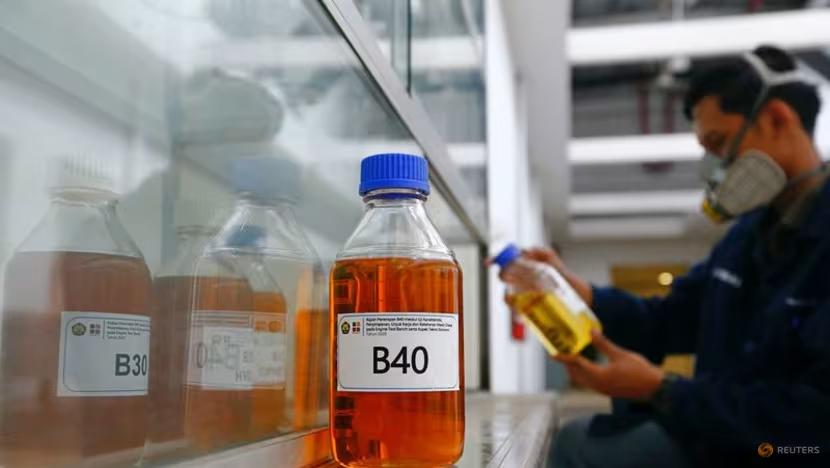
JAKARTA: Indonesia's Biodiesel Mandate Expansion Faces Gradual Implementation
Indonesia's plan to expand its biodiesel mandate from January 1st, which has raised concerns about its impact on global palm oil supplies, is likely to be implemented gradually, according to analysts. The move comes as industry participants seek a phase-in period to address technical and cost challenges.
The world's largest producer and exporter of palm oil, Indonesia, aims to raise the mandatory mix of palm oil in biodiesel to 40% (B40) from 35%. This policy has already caused a surge in palm futures and could further pressure prices in 2025.
While the government of President Prabowo Subianto has reiterated that the plan is on track for a full launch next year, industry watchers suggest that partial implementation is more probable before full adoption across the archipelago.
State-owned Pertamina, Indonesia's biggest fuel retailer, has stated it needs to modify some of its fuel terminals to mix and store B40. This process will occur during a "transition period after the government establishes the mandate," according to spokesperson Fadjar Djoko Santoso.
During a recent meeting with government officials and biodiesel producers, fuel retailers requested a two-month transition period. However, a senior energy ministry official, Eniya Listiani Dewi, stated that the mandate hike would not be implemented gradually, and that biodiesel producers are ready to supply the higher blend.
Despite these assurances, biofuel producers association APROBI noted that the government has not issued allocations for producers to sell to fuel retailers, which typically occurs by this time of the year.
The government plans to allocate 15.62 million kilolitres (4.13 billion gallons) of FAME for B40 in 2025, less than its initial estimate of 16 million kilolitres. Funding the higher blend could also be challenging as palm oil now costs around $400 per metric ton more than crude oil.
The implementation of B40 may be slow and gradual in 2025, according to analysts, with a more fast-paced adoption expected in 2026.









Comments